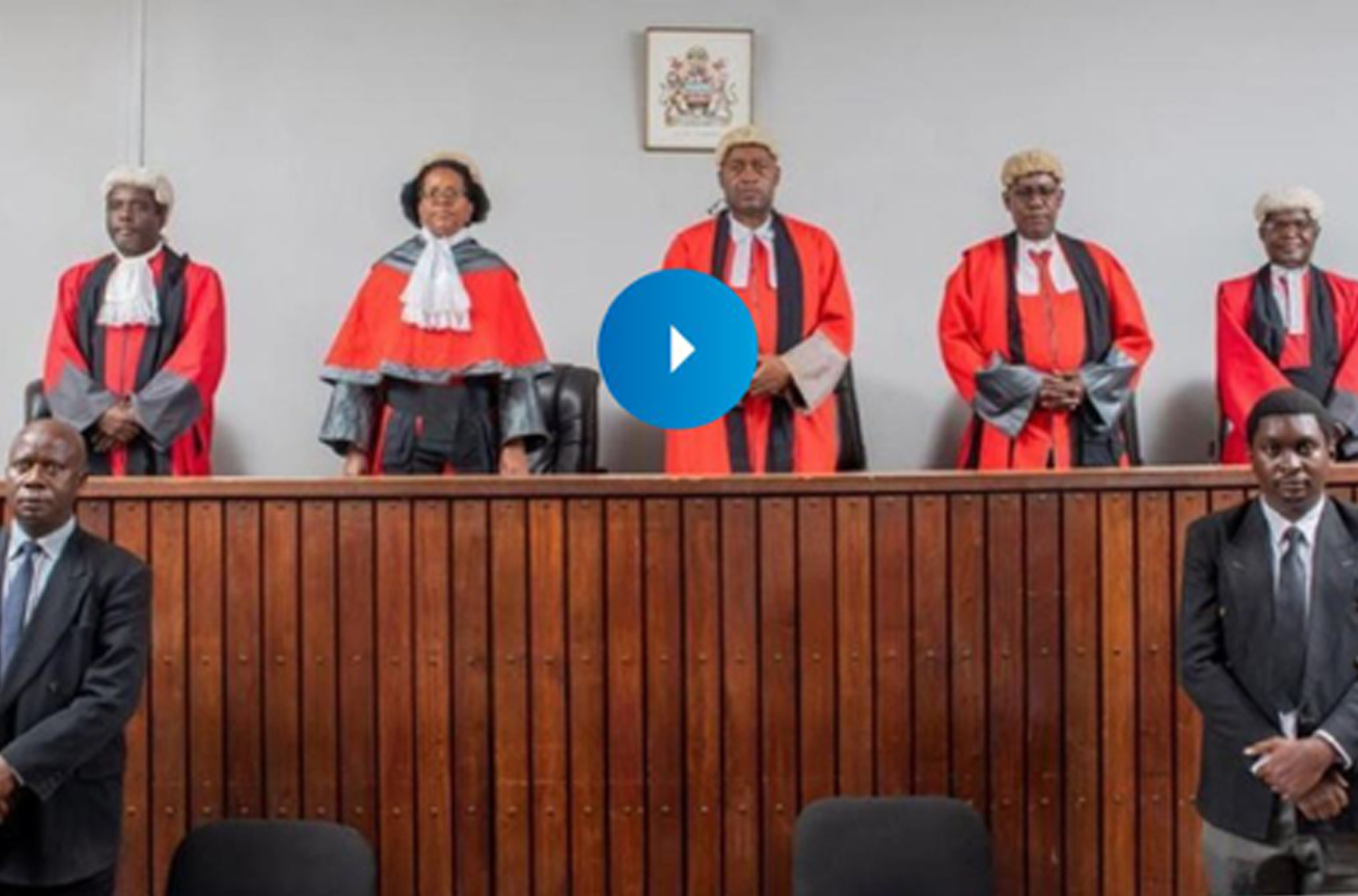
Recent estimates show that 6-18% of maternal deaths in Malawi result from unsafe abortion complications.
The Malawi High Court has reaffirmed the statutory protections for legal abortion under narrow circumstances. In its ruling, the court reiterated that despite the existing legal restrictions on access to safe and legal abortion under sections 149, 150, and 151 of the Penal Code, section 243 makes exception when the life and health of a woman or girl is in danger.
The ruling arose from the case of a 15-year-old adolescent (CM), who was assaulted, became pregnant and sought legal redress from the High Court following a decision by Queen Elizabeth Central Hospital to deny her access to safe and legal abortion.
In the ruling, Justice Mzonde Mvula clarified that women and girls seeking to access abortion in Malawi must first present themselves before a doctor and expressly make a request for abortion services based on existing conditions. At that point, the doctor would then review the request and make a decision. While the Penal Code currently only allows for abortion when the life of the woman or girl is in danger because of the pregnancy, the court recognised in this ruling that preservation of life also entails safeguarding the mental and physical health of the woman or girl. According to the ruling, women and girls seeking abortion should demonstrate to the doctor how a pregnancy would undermine their health and life in general.
Reacting to the ruling, attorney Dr Godfrey Kangaude said: “This is a good development since current legal provisions on termination of pregnancy are couched in language that makes it difficult for health providers to implement. This ruling is a welcome step towards an authoritative interpretation of the abortion law and opens the door for women and girls to seek lawful access to safe abortion in Malawi.” Dr Kangaude expressed optimism that the Ministry of Health “will take the initiative to advance necessary legal and policy reforms to address the inconsistencies between the current law and Malawi’s obligations under national and international law on reproductive rights of women and girls.”
Evelyne Opondo, Senior Regional Director for Africa, Center for Reproductive Rights, said: “Malawi ratified the Protocol to the African Charter on Human and Peoples’ Rights on the Rights of Women in Africa (Maputo Protocol), therefore the country’s leadership is obligated to ensure the right to health of women and girls, and to make certain, sexual and reproductive health is respected and promoted.” She said Malawi’s ratification of the Maputo Protocol requires the government to take all appropriate measures to protect the reproductive rights of women and girls. The measures include authorising safe abortion in cases of sexual assault, rape, incest, and where the continued pregnancy endangers the mental and physical health or life of the woman.
SOURCE: Center for Reproductive Rights, 24 June 2021 ; SEE ALSO: Girls Globe, 24 September 2020, which is a report by journalist Brian Ligomeka, Centre for Solutions Journalism, of the history of advocacy for law reform by the Coalition for the Prevention of Unsafe Abortion. PHOTO: Malawi High Court, October 2020



